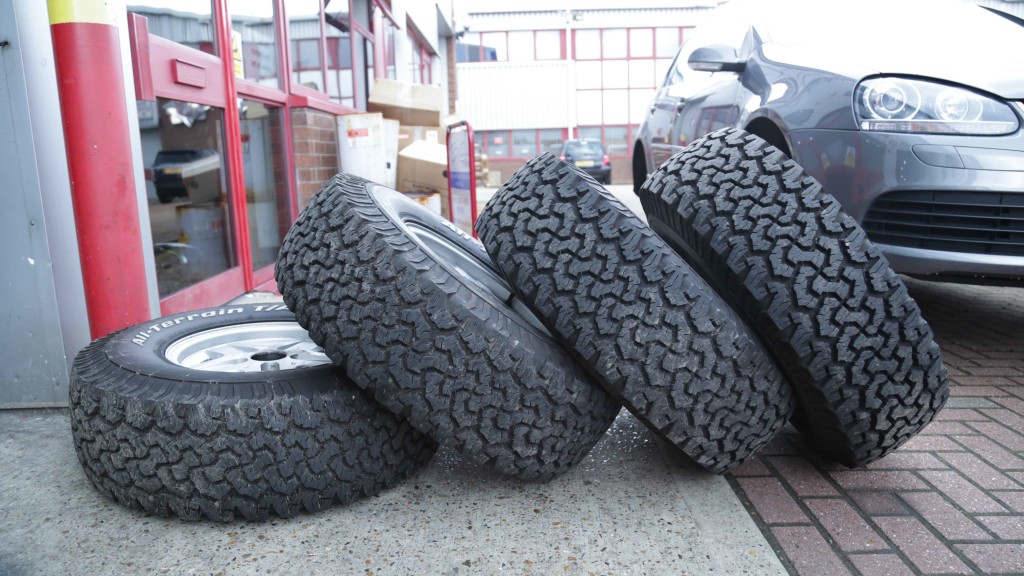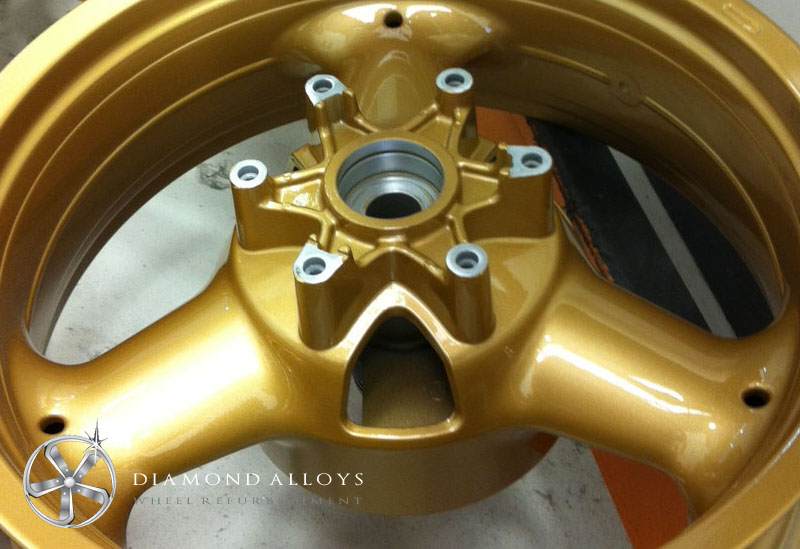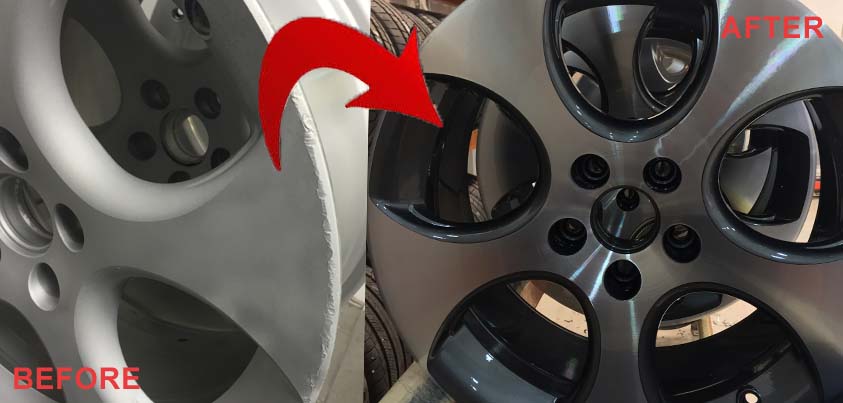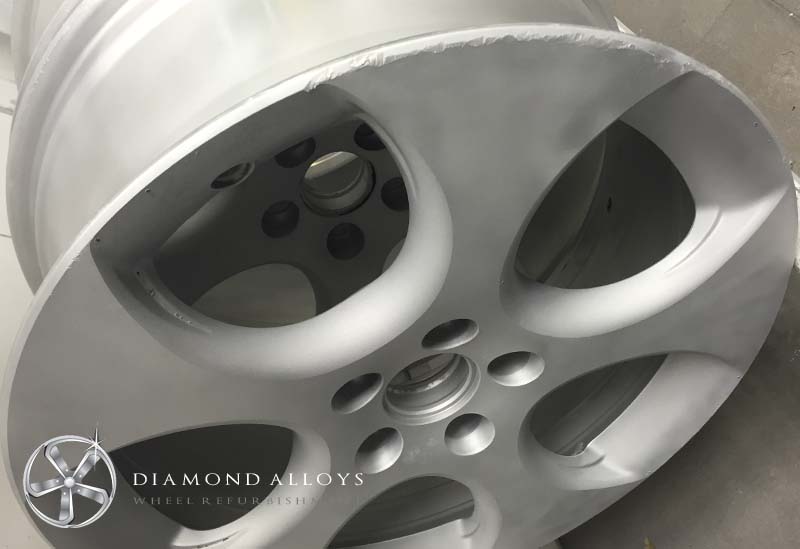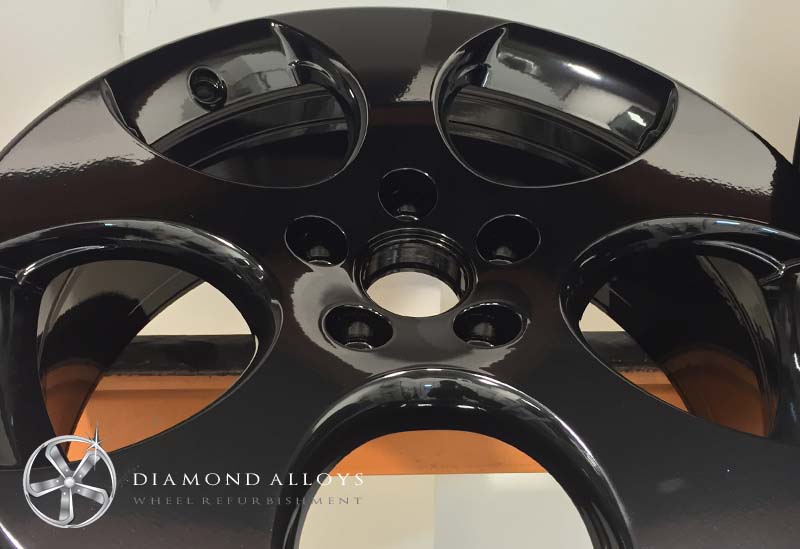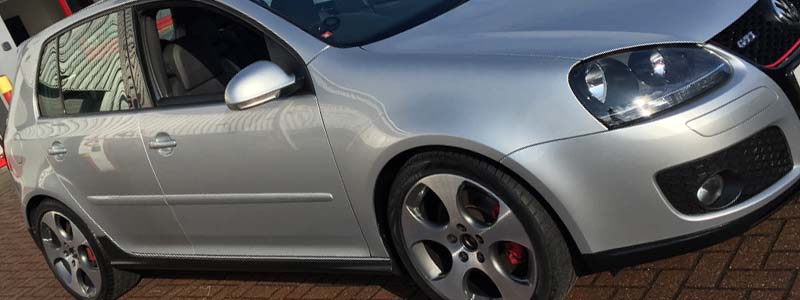You might not realise it, but the wheels of your car can affect your vehicle’s performance in more ways than might immediately be obvious. One factor that is commonly overlooked is how much the wheels weigh. To put it simply, the lighter the wheels are, the sharper and smoother the ride.
This is because the wheels are one easy area for motoring manufacturers to reduce the car’s unsprung weight – the weight of the springs of the car when the car is in motion on rough surfaces. If the wheels, and the car as a whole, weigh less, then the car uses less energy to move and performs better.
In motorsports, manufacturers can use magnesium wheels to make the cars super light. On the road, however, these simply aren’t strong enough to withstand everyday pressures – you don’t get many potholes on F1 racetracks, for example!
Many of today’s road cars, therefore, are equipped with aluminium alloy wheels. This strong, versatile material is still light enough to create a high-performance car, but sturdy enough to withstand expected damage. If you’re a motorist who cares about both the look and performance of their car, you can further enhance your vehicle by purchasing a set of custom alloys that achieve the perfect balance between speed and safety.
It’s also important to remember that, even if your car came with the perfect set of alloys, chips and dents incurred over time will reduce its performance. To ensure that your car is at its true fighting weight, why not contact us to discuss alloy refurbishment, or perhaps treating yourself to a brand new, perfectly balanced set.

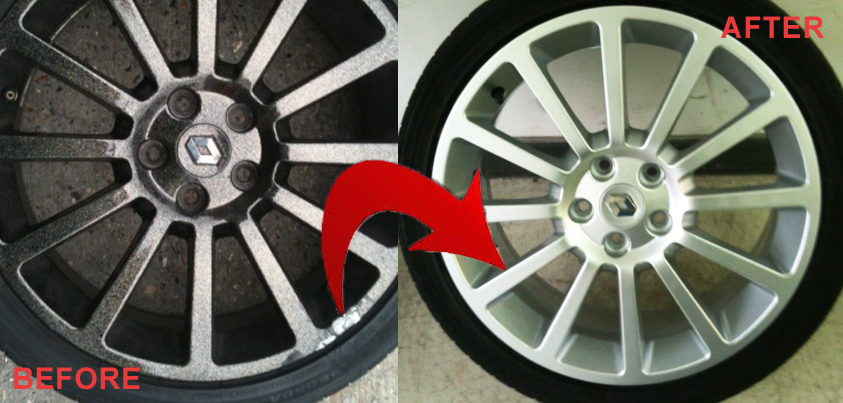
 Follow
Follow